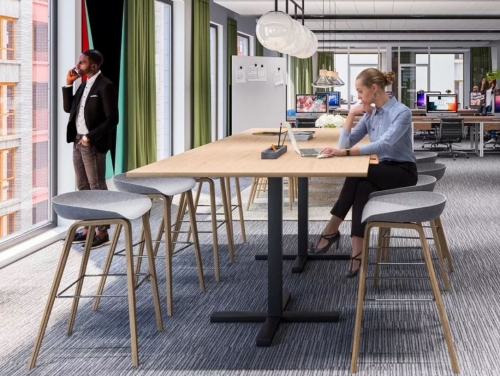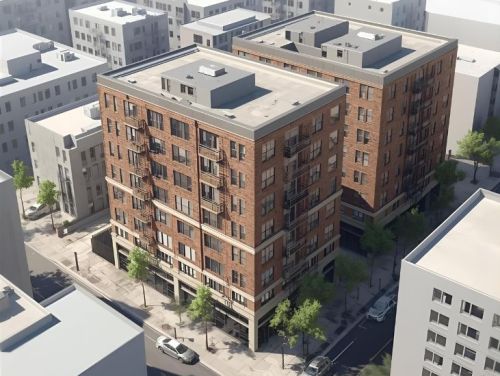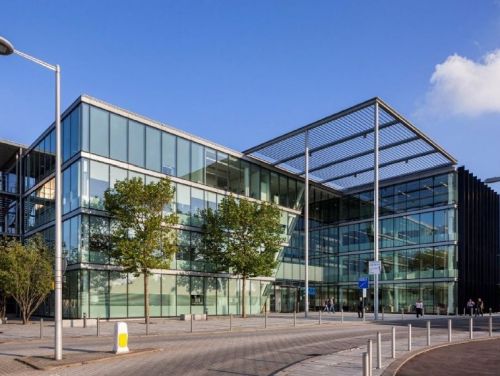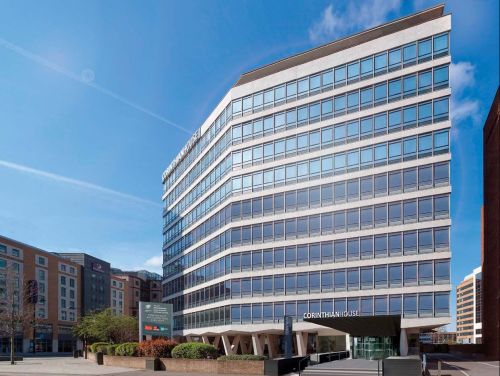9 February 2021
SOUTH EAST OFFICES PAUSE DURING PANDEMIC
Business Space, Offices
The upheaval caused by Covid-19 and the subsequent lockdowns have created a hiatus in the South East office market, resulting in take-up last year significantly down on 2019, finds SHW's latest Office Focus research.

In three-quarters of the centres covered by the report, take-up fell in 2020 as occupiers grappled with working from home and delayed making decisions on future office use. SHW's research covers an area stretching from London to the south coast.
Brighton experienced one of the sharpest dips in take-up, falling from 115,000 sq ft in 2019 to 17,850 sq ft last year. Availability almost doubled at 290,000 sq ft but this is more down to new schemes coming on stream than stock being returned to market. No large occupiers left the city on the back of the pandemic and the vacancy rate settled at 6.4% (3.5% in 2019).
"Take-up in Brighton is low due to Covid," says SHW agency partner Emma Ormiston. "In the past when take-up has been lower than 100,000 sq ft, it was because of lack of availability rather than lack of demand. We have good demand for space that is 12 months+ away, showing that occupiers are looking to return to the office in some capacity when they can."
Similarly, in Croydon, take-up was just 35,000 sq ft last year (11,500 sq ft in 2019) and availability rose to 425,000 sq ft (233,000 sq ft in 2019), reflecting a vacancy rate of 12%. Lettings to the Home Office (330,000 sq ft) and London South Bank University (56,000 sq ft) will be included in SHW's take-up figures on completion.
Like Brighton, Croydon office deals have been delayed by Covid. "Unless occupiers have lease events that force them to take a decision on their offices, they have been staying put," says SHW director Holly Purvis. "Viewings have been virtually non-existent for 10 months and, while some activity is returning, we anticipate a low level of transactions until the second half of this year."
Tim Hardwicke, head of agency at SHW, comments: "The working from home experiment has gone well and encouraged occupiers to scrutinise their cost base and how much office space they really need. Many companies are now looking to downsize by up to 40% which will translate into an uplift in transactions and higher availability on the back of relocations.
"Quality and wellbeing are top of many occupiers' checklists and parking ratios are also becoming more important as companies anticipate higher density occupation of their office space, for example from circa 70% pre-Covid to nearer 100% now, in line with better use of their assets."




